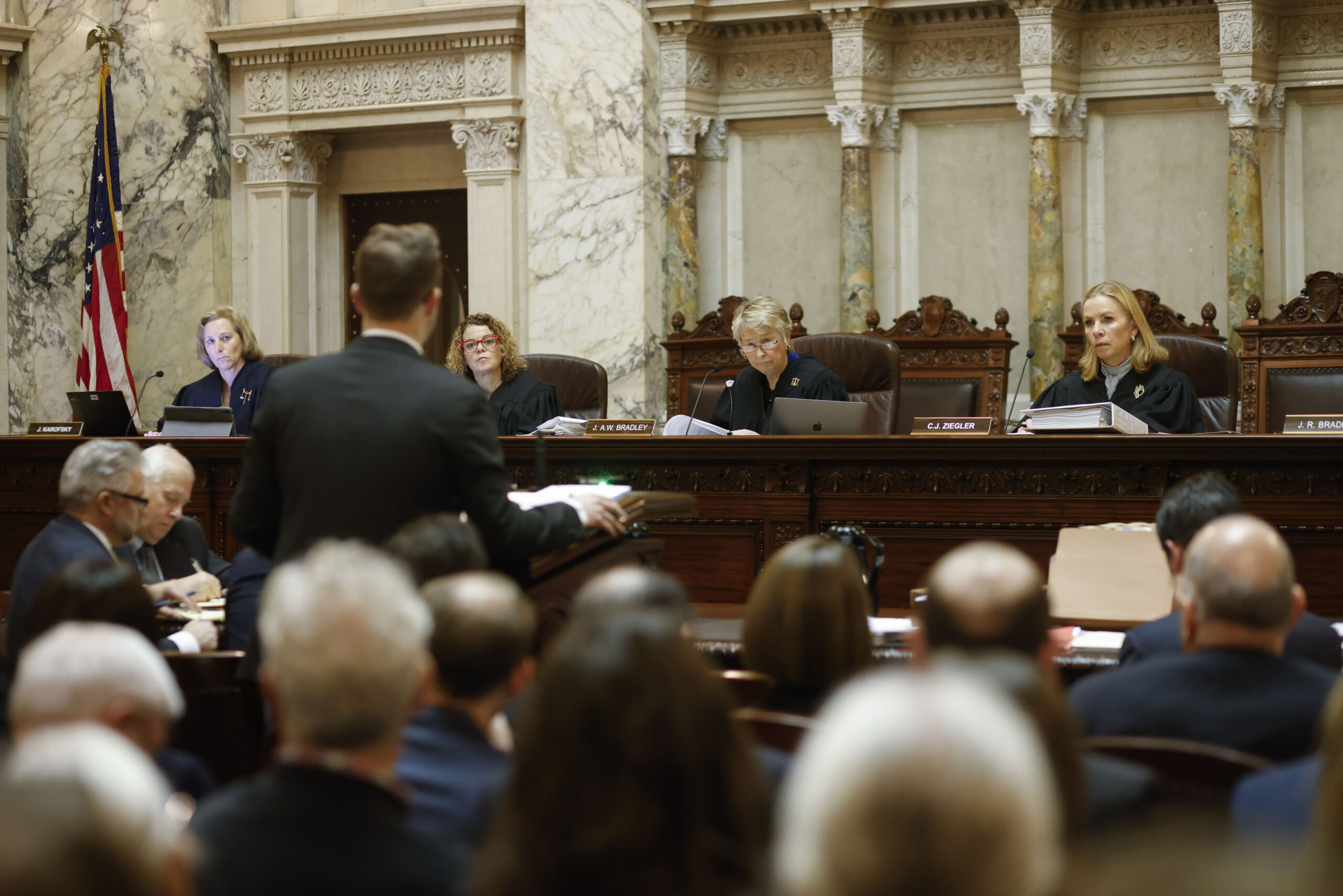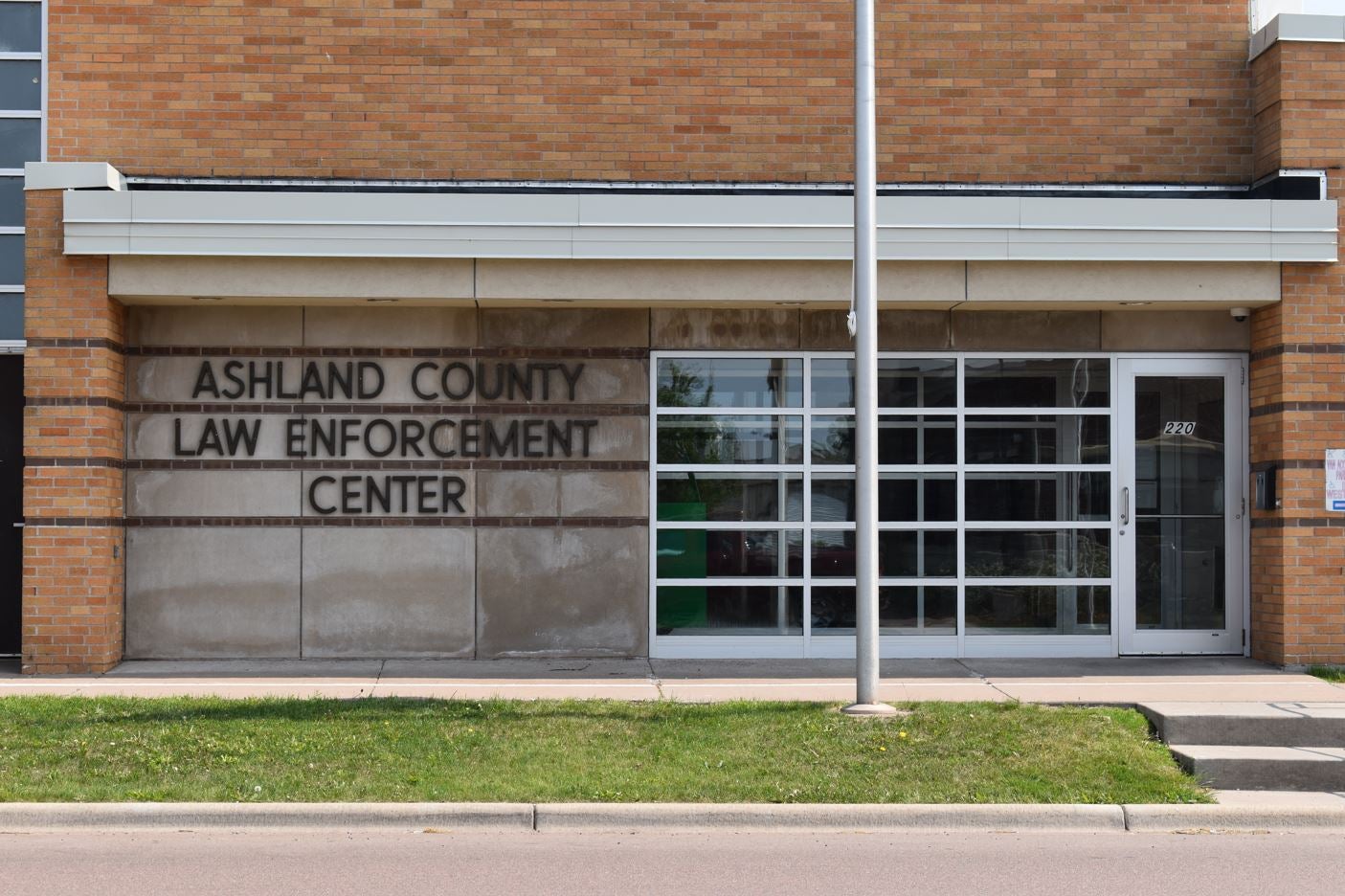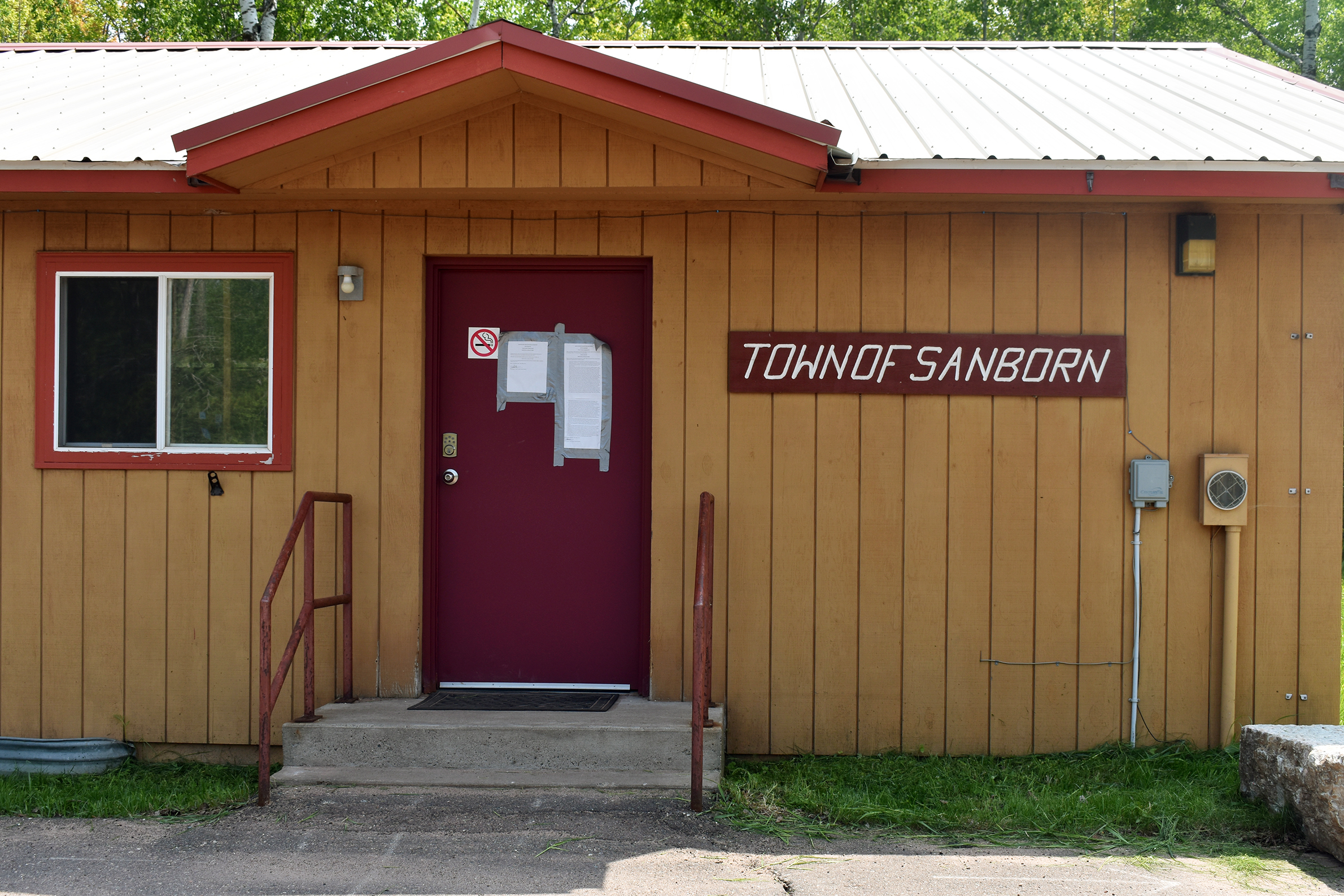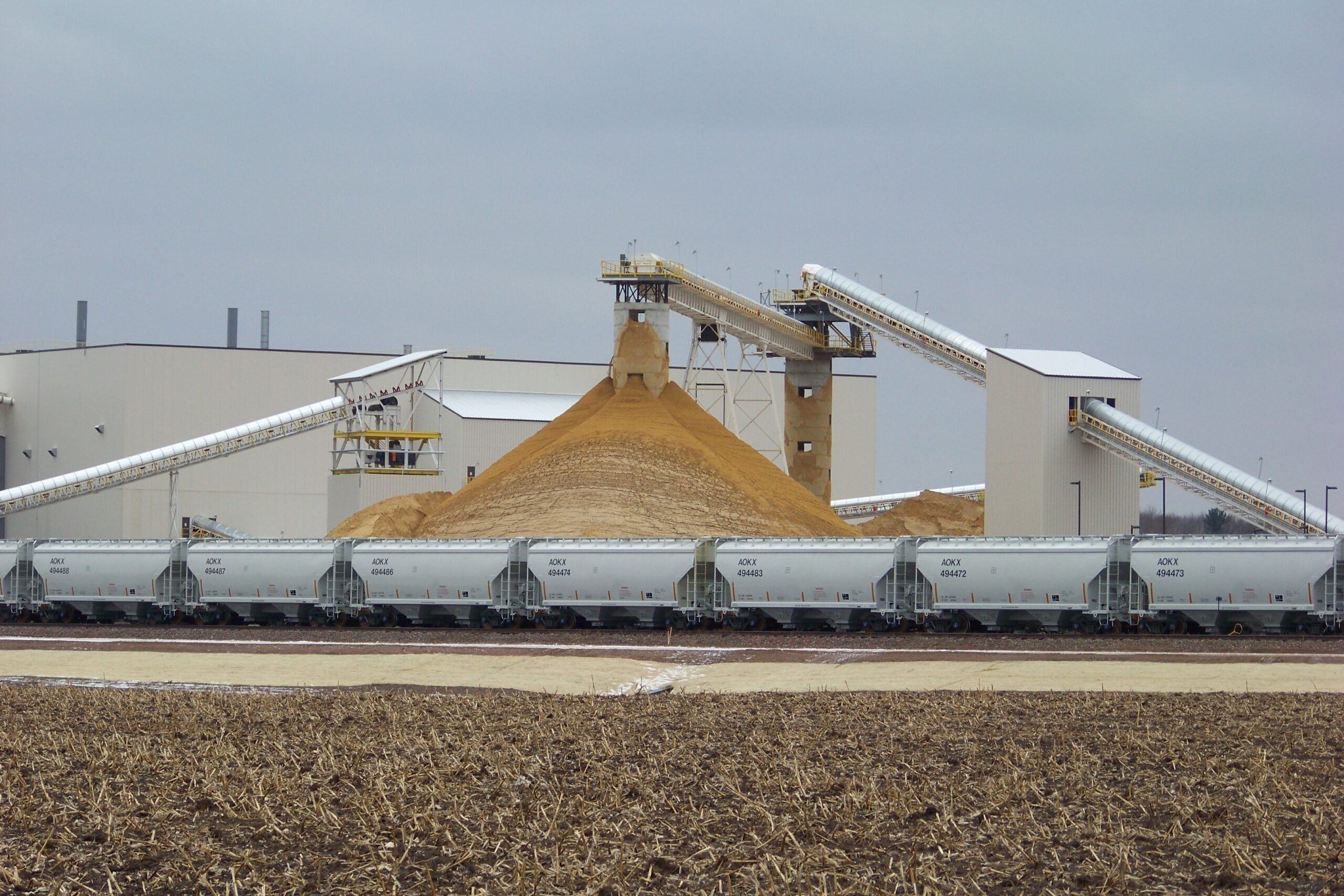Recruiting and Retaining High Skilled Talent; Annexations and Frac Sand Mines in Trempealeau County
Featured in this Show
-
Recruiting and Retaining High Skilled Talent
Wisconsin businesses are impacted by the “brain drain,” a phenomenon where the state’s graduates often find jobs elsewhere in the country.
Accountants and people working in IT are in high demand in La Crosse. And while the areas universities and colleges are preparing workers for those jobs, the graduates have a tendency to leave the region.
Lisa Herr is executive director of 7 Rivers Alliance, an economic development group based in La Crosse. She says businesses can sell new recruits on La Crosse’s geographic beauty, but retaining employees is a different story. She says younger workers have different needs than retiring baby boomers.
“Corporate culture and meaningful work are going to be critical. They need to know the work they’re doing contributes to the company as a whole and impacts the community where they live,” she said.
Business leaders will be hosting a seminar on February 18 in La Crosse focused on retaining and recruiting younger, high-skilled workers.
-
Annexations and Frac Sand Mines in Trempealeau County
Last fall, the Trempealeau County towns of Burnside and Lincoln filed a civil lawsuit against the city of Independence over the issue of whether an annexation by the city of town land is legal.
The owners of a frac sand mine want to move into the city limits, which are more than a mile away, to allow for an expansion.
There have been five similar instances where cities in Trempealeau County have annexed frac sand mines in the past four years. Frac sand mines are considered non-metallic mines and are traditionally located in townships in rural areas. The county has granted 25 frac sand mining permits, the most in Wisconsin, but annexations are seen as a way to allow for an expansion of existing mines and get around a county moratorium on future mine development.
A land use regulation specialist from UW Extension’s Local Government Center questions why the annexations of frac sand mines to cities are occurring and doubts it’s the best use of annexation powers that cities have.
“I don’t see why city residents need to have a mine within their city limits,” Philip Freeburg said. “What are the needs of the (mine) owners? Typically, water and sewer is a trigger for annexation. But the sewer use of a frac sand mine would be limited, and usually they rely on wells. (for water usage)
The Wisconsin Towns Association is opposed to cities annexing frac sand mines according to Executive Director Mike Koles.
“Counties and towns are better equipped to address non-metallic mining than are cities and villages,” he said. “Historically, non-metallic mining has occurred in towns, counties and rural areas. This is a rural land use.”
But former Trempealeau County Board member Tom Bice says it’s not a surprise the annexations are happening given the resistance to mining expansion that the county has shown in recent years.
“With the regulation getting stiffer and stiffer and stiffer in Trempealeau County they feel they can invest their money and do better if they can annex and be regulated by the local communities rather than the county,” Bice said.
In October of 2014, the Wisconsin Department of Administration ruled the mine company’s land was not contiguous with city of Independence and the annexation was flawed, something the towns are also arguing in court.
Episode Credits
- Maureen McCollum Host
- John Davis Producer
- Rich Kremer Interviewer
- Lisa Herr Guest
- John McHugh Guest
- Philip Freeburg Guest
- Mike Koles Guest
- Tom Bice Guest
Wisconsin Public Radio, © Copyright 2024, Board of Regents of the University of Wisconsin System and Wisconsin Educational Communications Board.




